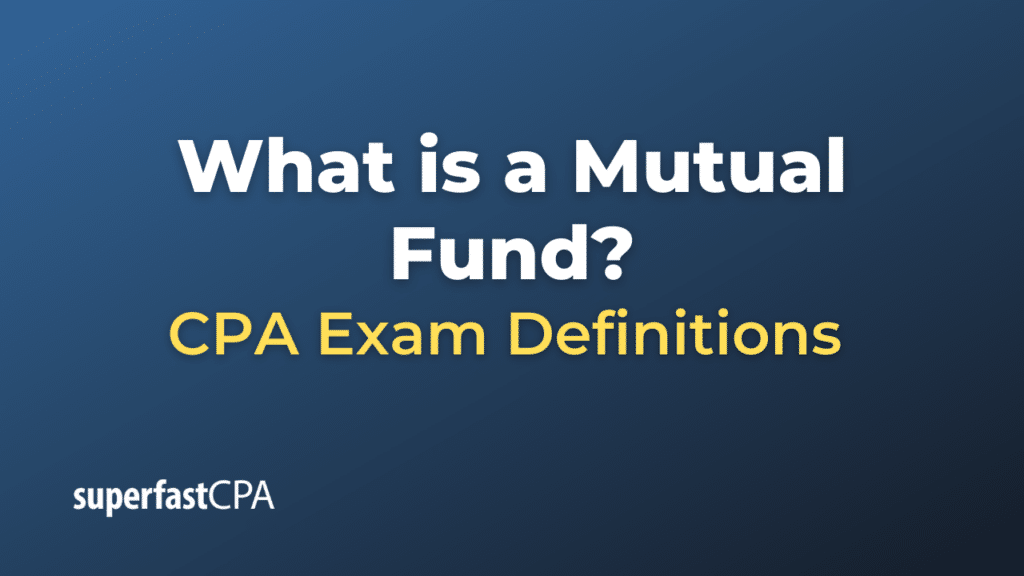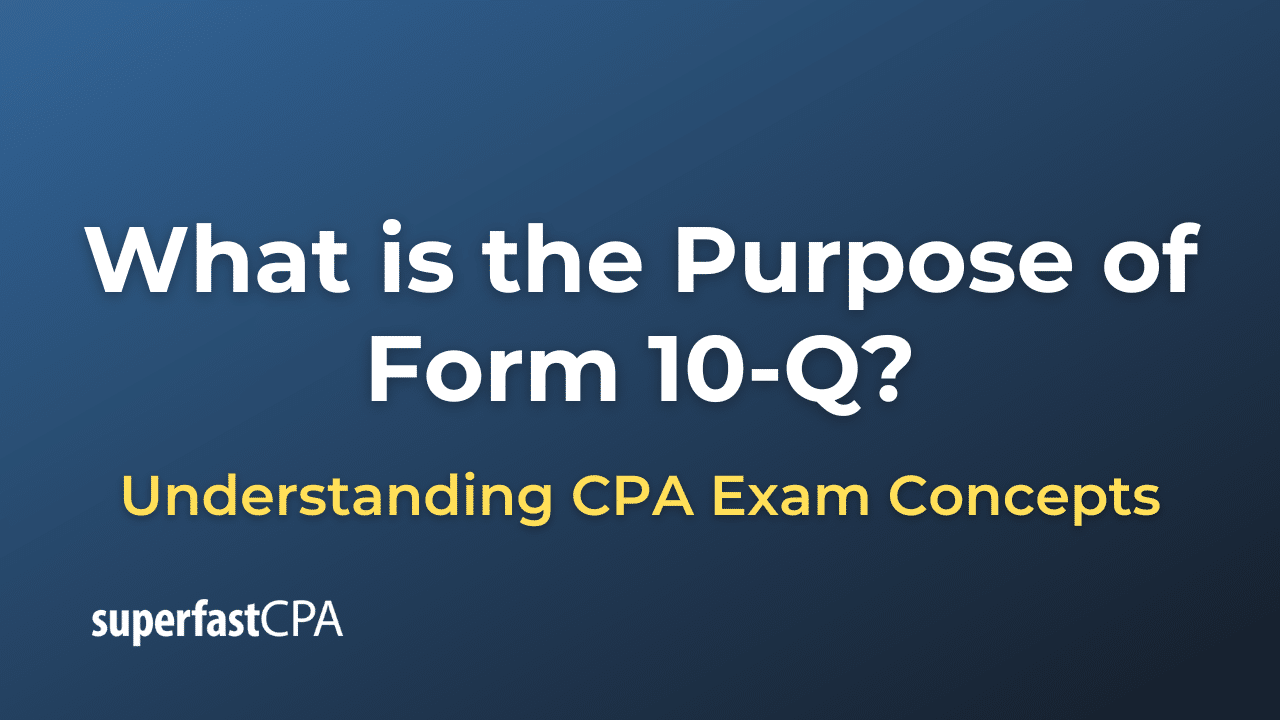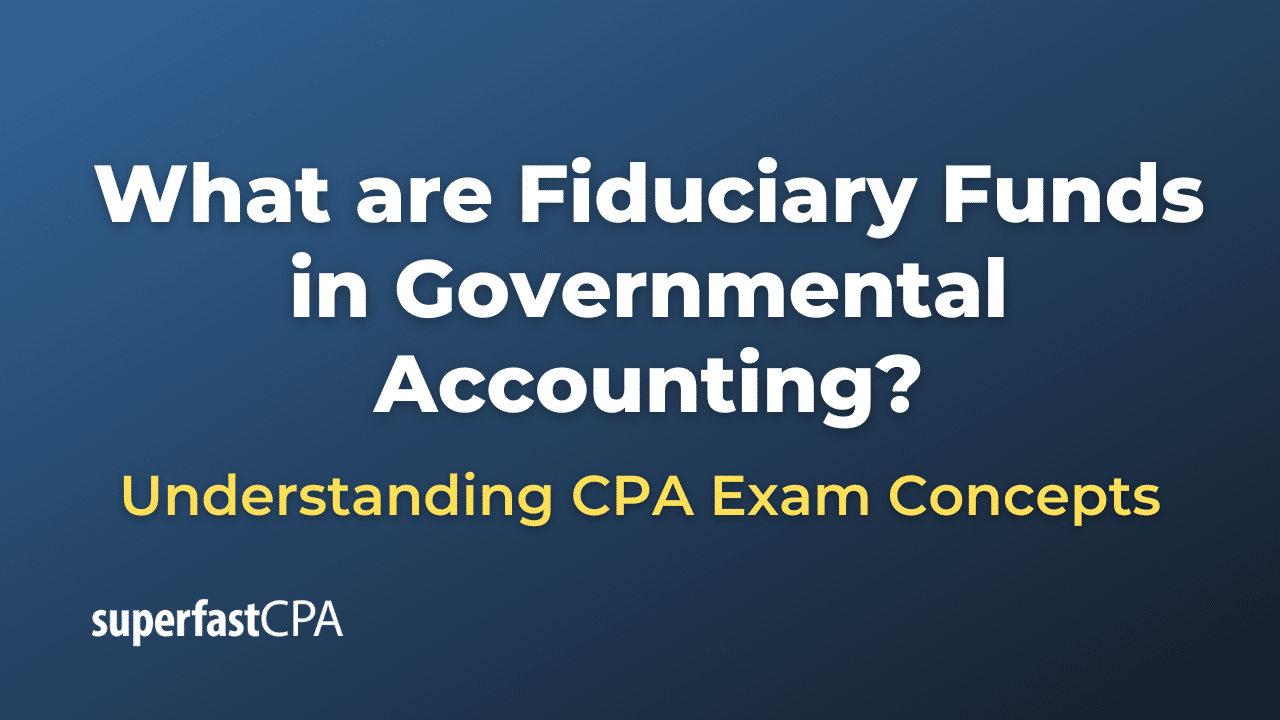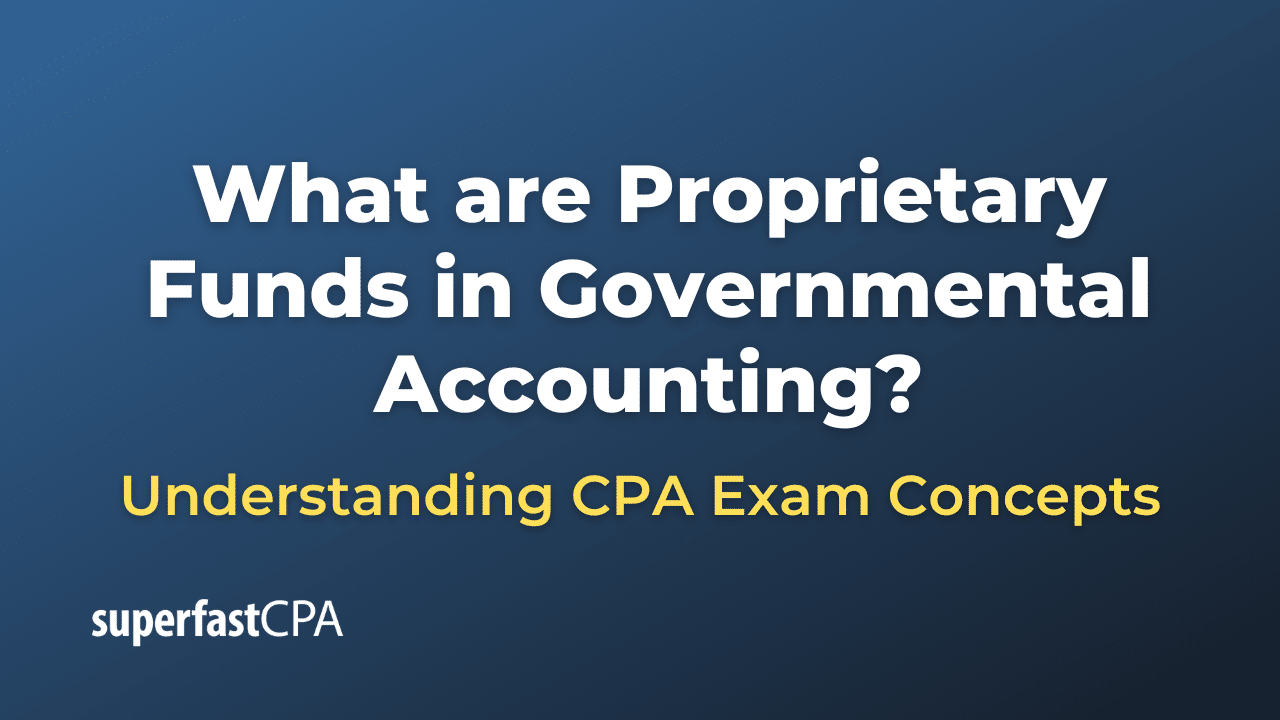Mutual Fund
A mutual fund is an investment vehicle that pools together money from many investors and uses that capital to buy a diversified portfolio of stocks, bonds, or other assets. Mutual funds are operated by professional money managers who allocate the fund’s assets and attempt to produce capital gains or income for the fund’s investors.
Each investor in a mutual fund owns shares, which represent a portion of the holdings of the fund. When you invest in a mutual fund, you’re buying shares of the mutual fund and become a shareholder of the fund.
Mutual funds have a few key characteristics:
- Diversification: Since mutual funds typically invest in a range of different securities, they offer a level of diversification that can be difficult to achieve for individual investors buying securities on their own.
- Professional Management: Mutual funds are managed by experienced professionals who make the decisions about which securities to buy or sell, based on their research and investment strategies.
- Liquidity: Mutual fund shares can be bought or sold (redeemed) on any business day at the fund’s current net asset value (NAV), which is calculated at the end of each trading day.
- Variety: There are various types of mutual funds available to investors, including equity funds (which invest in stocks), bond funds, index funds (which aim to track the performance of a specific index), money market funds, and balanced or hybrid funds (which invest in a mix of asset classes).
However, it’s also important to understand that all investments involve risk and investing in mutual funds is no exception. The value of a mutual fund can go up and down, and there’s a possibility that you could lose money. Additionally, while diversification can help reduce risk, it can’t guarantee a profit or protect completely against loss in a declining market.
Example of a Mutual Fund
Imagine there’s a mutual fund called the “XYZ Large Cap Growth Fund.” This fund aims to provide long-term capital growth by investing in large-cap companies that show potential for rapid growth. The fund is managed by a team of professional portfolio managers and analysts who conduct thorough research on potential investments.
An investor, let’s say John, has $5,000 that he wishes to invest. He likes the strategy of the XYZ Large Cap Growth Fund and decides to invest his money in this fund. He buys shares in the fund at the current net asset value (NAV) per share. The NAV is the total value of the fund’s assets, less any liabilities, divided by the number of outstanding shares.
Let’s say the current NAV is $50. So, John ends up owning 100 shares of the fund (his $5,000 investment divided by the $50 NAV).
The portfolio managers of the fund use John’s money (along with the money from thousands of other investors) to buy a diversified portfolio of stocks from large, fast-growing companies. If their investment choices do well, the value of the fund’s assets rises, the NAV per share increases, and John’s investment grows. If their investment choices do not perform well, the value of the fund’s assets may decrease, along with the NAV per share and the value of John’s investment.
John also receives any income distributions (from dividends or interest on the fund’s investments) and capital gains distributions (if the fund sells investments that have increased in price). These distributions are usually reinvested in additional shares of the fund, although they can also be received as cash.
Remember, investing in mutual funds involves risk, including the potential loss of principal. John should carefully consider his own investment goals, risk tolerance, and time horizon before investing in the XYZ Large Cap Growth Fund or any other mutual fund.














